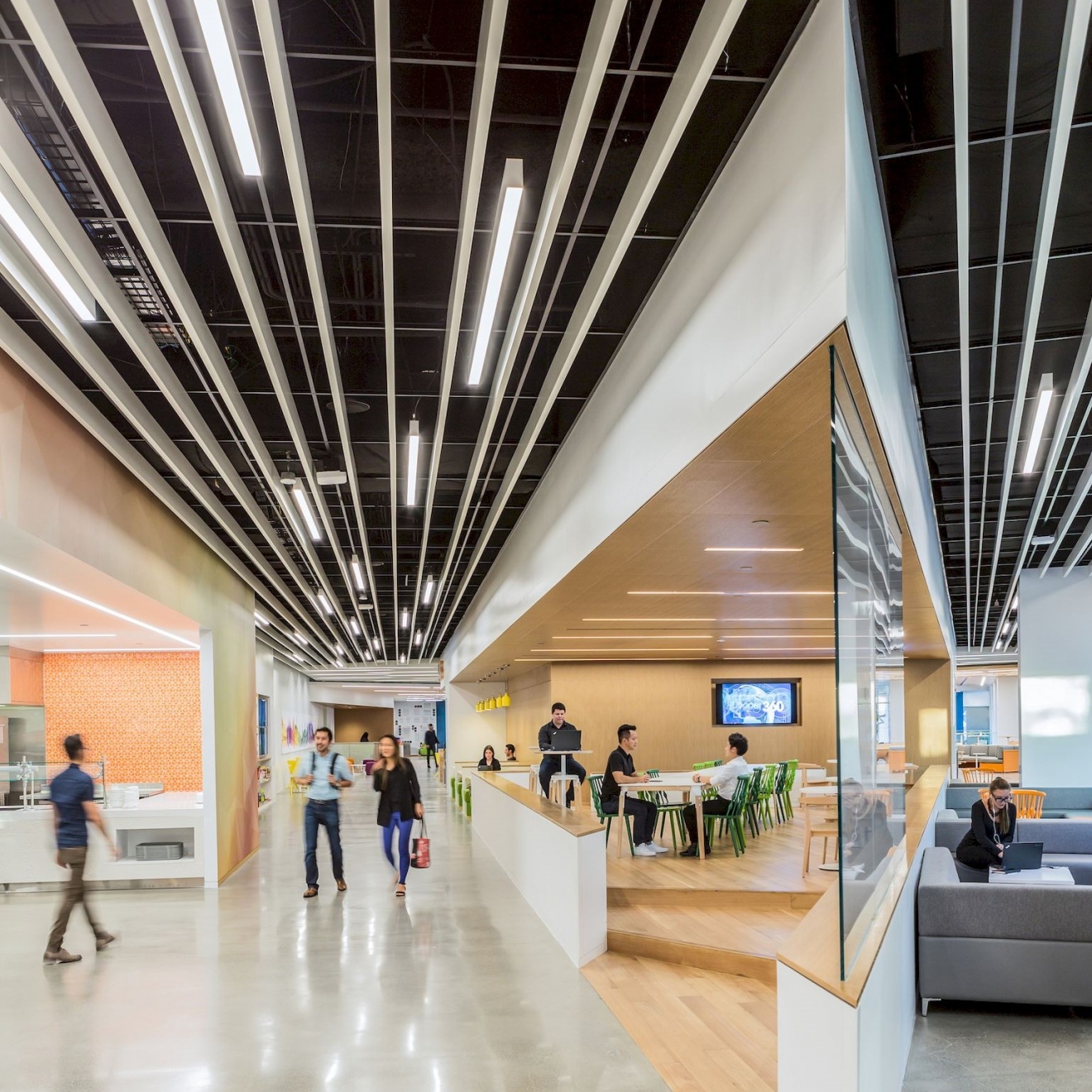To provide the best experiences, we use technologies like cookies to store and/or access device information. Consenting to these technologies will allow us to process data such as browsing behaviour or unique IDs on this site. Not consenting or withdrawing consent, may adversely affect certain features and functions.
The technical storage or access is strictly necessary for the legitimate purpose of enabling the use of a specific service explicitly requested by the subscriber or user, or for the sole purpose of carrying out the transmission of a communication over an electronic communications network.
The technical storage or access is necessary for the legitimate purpose of storing preferences that are not requested by the subscriber or user.
The technical storage or access that is used exclusively for statistical purposes.
The technical storage or access that is used exclusively for anonymous statistical purposes. Without a subpoena, voluntary compliance on the part of your Internet Service Provider, or additional records from a third party, information stored or retrieved for this purpose alone cannot usually be used to identify you.
The technical storage or access is required to create user profiles to send advertising, or to track the user on a website or across several websites for similar marketing purposes.
 Companies which make employee engagement a strategic priority may be more likely to perform better financially, according to research released today. An analysis of the UK’s biggest companies found that those which frequently reference “employee engagement” in their annual reports also perform better financially. The findings were released by Sideways 6 which analysed the annual reports of the FTSE100 Index for each of the last three years (2016-18). (more…)
Companies which make employee engagement a strategic priority may be more likely to perform better financially, according to research released today. An analysis of the UK’s biggest companies found that those which frequently reference “employee engagement” in their annual reports also perform better financially. The findings were released by Sideways 6 which analysed the annual reports of the FTSE100 Index for each of the last three years (2016-18). (more…)


































December 10, 2019
Wellbeing is increasingly in the hands of HR and the future looks bright as a result
by Chris Pinner • Comment, Wellbeing